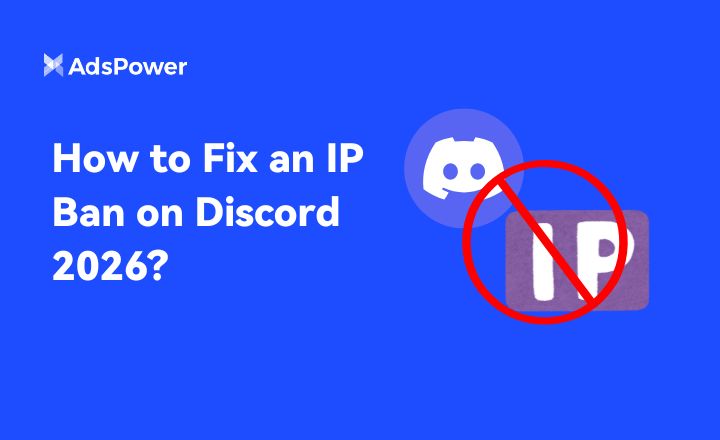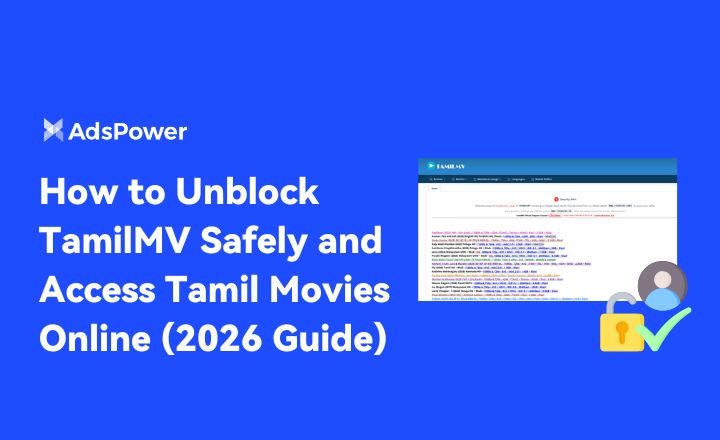The Hidden Dangers of Browser Extensions and How to Avoid Them
Take a Quick Look
Browser extensions can significantly enhance your online experience by adding useful features and functionality to your web browser. However, they also come with potential risks that users should be aware of. In this blog, we’ll show you how to use browser extensions safely and avoid potential risks.
Browser extensions are handy tools that make our internet browsing better. They can do things like block annoying ads, keep our passwords safe, and help us work more efficiently. These small programs add new features to our web browsers.
While they're very useful, browser extensions can also put our online safety at risk. In this blog, we'll explain what browser extensions are, what risks they might have, how these risks can affect you, and how to stay safe while still enjoying their benefits.

What is a Browser Extension?
A browser extension, also known as a browser add-on or plugin, is a small software program you can add to your web browser. It gives your browser new features or improves existing ones. Extensions can change how your browser looks, handle content, or work with websites in special ways.
For example, the Chrome Web Store has thousands of extensions for different needs. Some popular ones are:
-
uBlock Origin: A lightweight and customizable ad blocker that enhances privacy by blocking ads and trackers.
-
Grammarly: A writing assistant that corrects grammar, spelling, and style errors in real-time as you type.
-
LastPass: A password manager that securely stores and auto-fills login credentials, simplifying account management.
-
Google Translate: A tool that translates web pages and text into multiple languages for multilingual browsing.
You can get extensions for most browsers, like Chrome, Firefox, Edge, and Safari. They can do many different things to make your browsing better.
Why Do We Use Browser Extensions?
We mainly use browser extensions because they make our online tasks easier and more enjoyable. Here are some ways they help us:
-
Better User Experience: Some extensions, like Dark Reader, can change bright websites to dark mode. This is easier on your eyes, especially at night.
-
Improved Safety: Extensions like uBlock Origin block annoying ads and trackers. Others, like HTTPS Everywhere, make sure you're using secure connections when possible.
-
More Efficiency: Some extensions help you work faster. For example, Pocket lets you save web pages to read later, even without the internet.
The Hidden Risks of Browser Extensions
While browser extensions offer many benefits, they also come with potential risks that cannot be ignored. Below are some of the primary risks associated with browser extensions:
1. Privacy Leakage

One of the biggest risks of browser extensions is privacy issues. Many extensions collect your data while they work. This data might include your browsing history, search queries, shopping habits, and even personal information such as your name and address. If this data falls into the wrong hands, it could be used for targeted advertising, sold to third parties, or worse, used for identity theft.
2. Malware and Malicious Extensions

Bad people sometimes use browser extensions to spread harmful software. These dangerous extensions can put viruses, spyware, or other bad programs on your computer, stealing your personal information, making your computer work poorly and doing other harmful things without you knowing.
3. Browser Fingerprinting

Browser fingerprinting is a technique used by websites to track users by collecting and analyzing various data points about their devices and browsers. This information can include your operating system, screen resolution, installed fonts, and yes—installed browser extensions.
Each browser extension you add changes how your browser looks and works. This makes your browser more unique, like a fingerprint. Ironically, even extensions meant to protect your privacy, like ad blockers, can make your browser easier to identify, which makes it easier for websites to recognize and track you.
4. Performance Degradation

Another common issue with browser extensions is that they can degrade your browser’s performance. As you add more extensions, they consume more system resources, leading to slower page loading times, increased browser crashes, and reduced overall efficiency.
How These Risks Spread

Knowing how bad extensions spread can help you stay safe. Here are three common ways harmful extensions can get onto your browser:
1.Hidden in Other Downloads: Sometimes, bad extensions come with other software you download. You might accidentally install a harmful extension when you're trying to install something else that seems safe.
2.Fake Advertising: Some extensions pretend to be helpful tools but actually contain harmful code. They might say they'll make your browsing better, but instead they put unwanted ads on websites or steal your information for bad purposes.
3.Forced Installation: Some dangerous websites try to make you install an extension. For example, they might send you to a page that says you need to install an extension to leave the site or see certain content.
How to Protect Yourself from Browser Extension Risks

1. Only Install What You Need
Use fewer extensions to lower your risk. Before installing, ask yourself: "Do I really need this? Is there a safer option?"
2. Get Extensions from Official Stores
Download from places like the Chrome Web Store or Firefox Add-ons. These stores check extensions for safety, but still be careful and do your research.
3. Look at What the Extension Wants to Access
Check what permissions an extension asks for. If it wants too much access, don't use it. Also, watch out for extensions that suddenly ask for new permissions.
4. Read What Other Users Say
Look at reviews and ratings. If people report problems, avoid that extension. Remember that some reviews might be fake, so check multiple sources.
5. Keep Your Extensions Updated and Tidy
Update your extensions regularly for better security. Remove any you don't use anymore. This makes your browser safer and faster.
6. Use Antivirus Software
Antivirus programs can help protect you. Keep your antivirus up to date and scan your computer often. Some antivirus tools can also check your browser for problems.
7. Try Antidetect Browsers like AdsPower
Antidetect browsers like AdsPower can help keep you safe online, particularly through the extensions manager. This feature helps you control extensions for different browser profiles, add new extensions easily, sort extensions into groups, and pin, update, or remove extensions as needed.
Conclusion
Browser extensions are incredibly useful tools that can significantly enhance your web experience. However, they come with risks that should not be ignored. By being cautious about the extensions you install, where you download them from, and how you manage them, you can enjoy the benefits of extensions without compromising your security.
Stay informed, stay vigilant, and most importantly, stay safe online.

People Also Read
- How to Fix an IP Ban on Discord 2026?

How to Fix an IP Ban on Discord 2026?
Discord IP bans block your network access. This 2026 guide explains how to detect, recover, appeal, and prevent IP restrictions so you can reconnect
- Types of Browsers in 2026: Popular Web Browsers and Advanced Browser Types

Types of Browsers in 2026: Popular Web Browsers and Advanced Browser Types
Explore types of browsers in 2026, from popular web browsers to privacy and antidetect browsers. Learn how many types exist and choose the right brows
- How to Unblock TamilMV Safely and Access Tamil Movies Online (2026 Guide)

How to Unblock TamilMV Safely and Access Tamil Movies Online (2026 Guide)
Learn how to unblock TamilMV safely in 2026, access tamil movies mv, compare proxies, VPNs, and antidetect browsers for secure, stable online access.
- How to Download Reddit Videos in 2026: MP4, GIFs, and Images Made Easy

How to Download Reddit Videos in 2026: MP4, GIFs, and Images Made Easy
Learn how to easily and safely download Reddit videos, GIFs, and images in 2026. Step-by-step methods, troubleshooting tips, and best practices includ
- How Do You Make Money on Twitch in 2026? (Complete Guide)

How Do You Make Money on Twitch in 2026? (Complete Guide)
Learn how to make money on Twitch in 2026 with updated monetization methods, viewer tips, income strategies, and tools to help beginners and streamers


